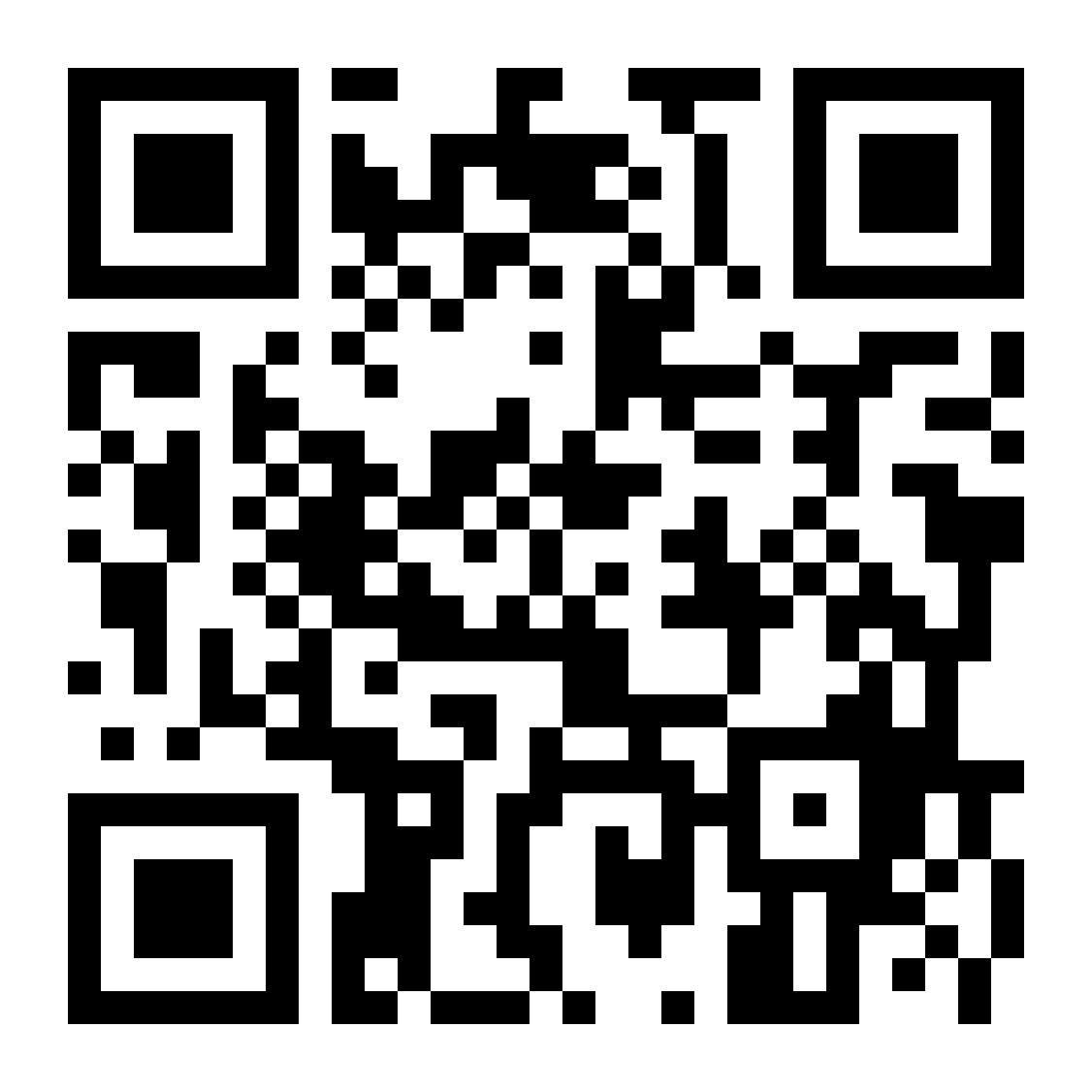AI Analyze
Overview
Planet Money unpacks the bizarre logic behind 'country of origin' labels, revealing legal quirks, business stakes, and philosophical debates over what makes a product truly 'Made in China.'
Takeaways
- •Maureen Thorson explains that U.S. country of origin rules lack clear boundaries. They rely on the 'substantial transformation test,' making legal determinations unexpectedly subjective and sometimes counterintuitive.
- •Recent tariff escalations, especially under the Trump administration, have dramatically raised the stakes for importers, who scramble to understand and sometimes strategically alter a product’s country of origin label.
- •Courts and customs officials increasingly focus on the 'essence' of products, illustrated by case studies like hairbrushes, boat shoes, laptops, and sticky notes, where definitions of transformation—and thus tariff liability—spark heated debate.
Mind Map
Upgrade & Unlock all features
Get Pro now
Chapters
- This is a chapter‘s title.The Fragility of Society and the Pendulum of ChangeThe Fragility of Society and the Pendulum of ChangeThe Fragility of Society and the Pendulum of ChangeThe Fragility of Society and the Pendulum of Change
- This is a chapter‘s title.The Fragility of Society and the Pendulum of ChangeThe Fragility of Society and the Pendulum of ChangeThe Fragility of Society and the Pendulum of ChangeThe Fragility of Society and the Pendulum of Change
Upgrade & Unlock all features
Get Pro now

Want to know more?
Download the app to unlock more exciting content and enjoy a better listening experience.


